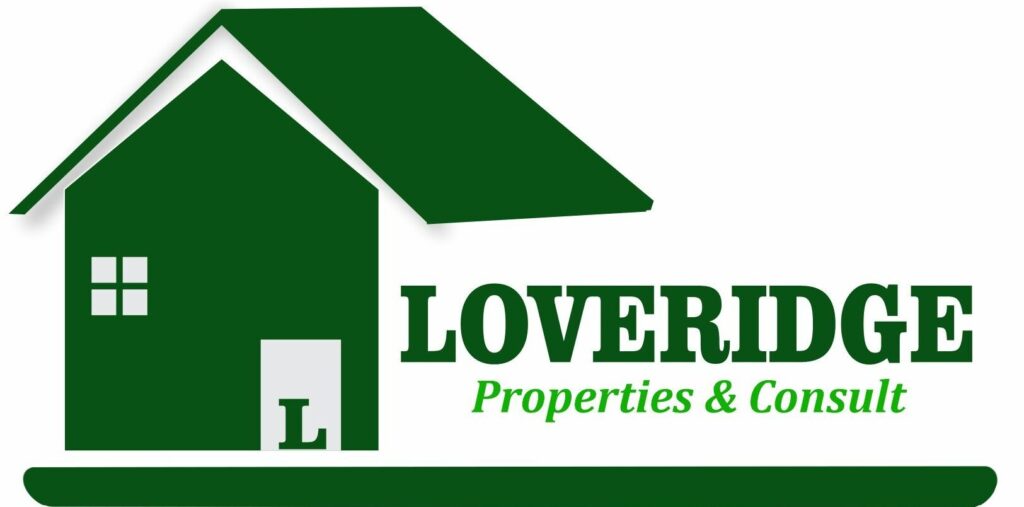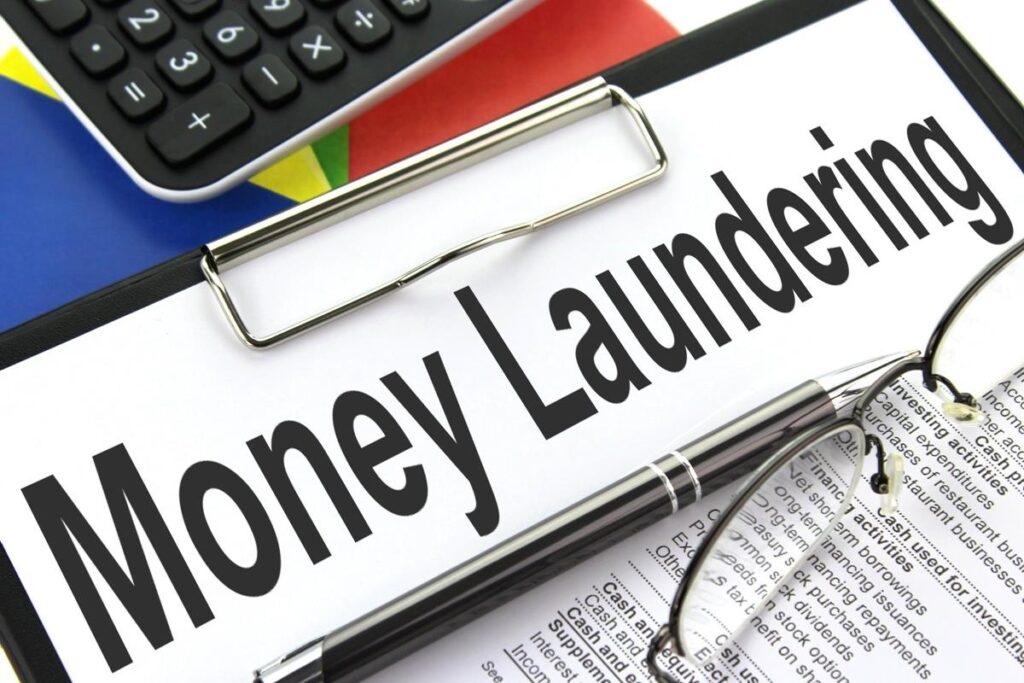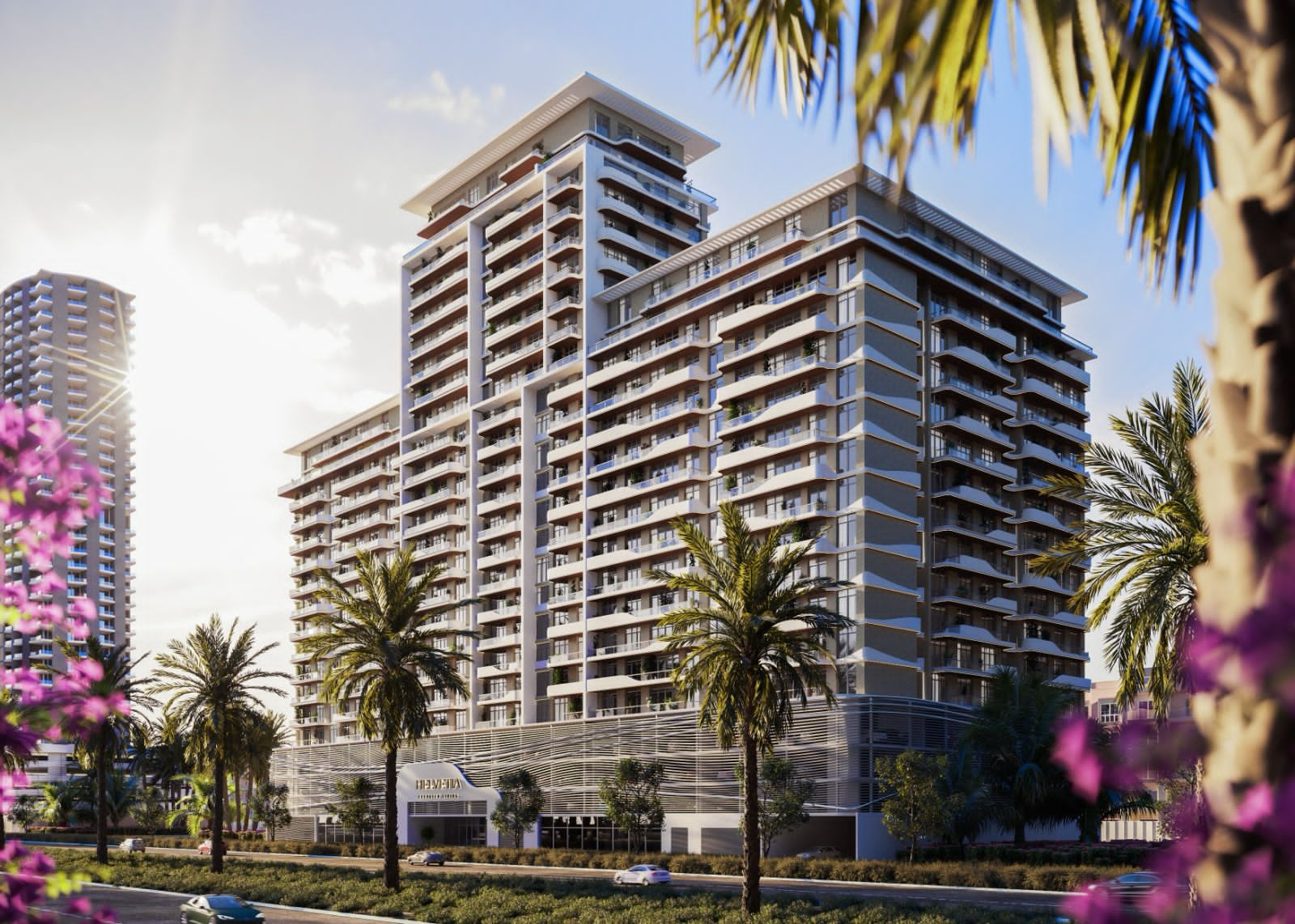Money laundering in the real estate industry is a significant concern in Ghana, as it poses various risks to the economy and the integrity of the property market. Criminals exploit the sector’s loopholes to legitimize illicit funds, making it essential to address this issue effectively.
Challenges and Impacts:
Anonymity and Concealment: The real estate sector’s lack of transparency can facilitate money laundering, allowing criminals to hide their identities and the origins of illegal funds. This hampers law enforcement’s ability to track and prevent illicit financial activities.
Inflated Property Prices: Money laundering inflates property prices in certain areas, making housing less affordable for legitimate buyers. This contributes to the housing crisis and can lead to social unrest and instability.
Undermining Economic Growth: Money laundering weakens Ghana’s financial system, reducing investor confidence and economic growth. The flow of illicit funds distorts market dynamics and undermines the overall economy.
Lost Tax Revenue: Money launderers avoid paying taxes on their illicit gains, leading to a government tax revenue loss. This impacts the funding of public services and infrastructure development.
Measures to Combat Money Laundering:
Enhanced Due Diligence: Real estate professionals should conduct rigorous due diligence on clients to verify the source of their funds and identify suspicious transactions.
Regulatory Compliance: Strengthening anti-money laundering regulations and enforcing strict compliance measures is crucial to deter illicit activities in the real estate sector.
Information Sharing: Collaboration between law enforcement agencies, financial institutions, and real estate entities can improve intelligence sharing and facilitate the detection of suspicious activities.
Customer Identification: Introducing customer identification measures, such as Know Your Customer (KYC) requirements, can help identify and prevent money laundering schemes.
Technological Solutions: Implementing advanced technologies like blockchain can increase property transaction transparency and reduce money laundering risk.
Conclusion:
Addressing money laundering in Ghana’s real estate industry is crucial to maintain a transparent and sustainable property market. Strengthening regulations, promoting transparency, and encouraging collaboration among stakeholders will help mitigate the risks associated with money laundering, ensuring a secure and thriving real estate sector that contributes to the country’s economic growth and development.










